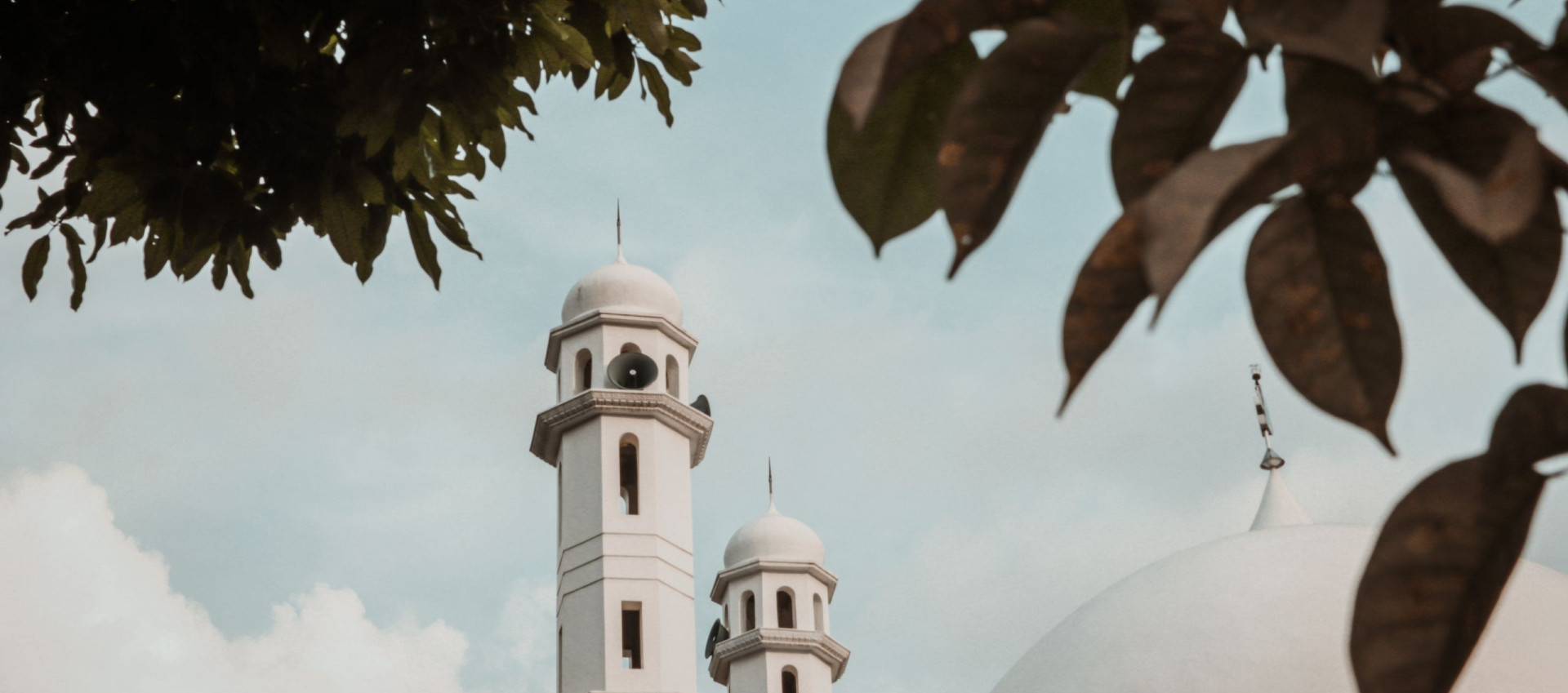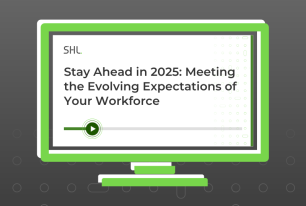10 Facts about Ramadan and Supporting Muslims in the Workplace
Learn 10 quick facts about Ramadan and how you can support your Muslim colleagues and staff so you can build an inclusive workplace.
Share
At the start of April, approximately 1.9 billion Muslims across the world welcomed the ninth Islamic month, Ramadan. Ramadan is typically known as the month of fasting from dawn to sunset (with no food nor water), but it is much more than this! Observing the month of Ramadan is one of the five pillars of the Islamic faith and it is stated in the Quran (Muslim Holy book):
“O you who believe, fasting is prescribed for you as it was prescribed for those before you, that you may develop God-consciousness” (Quran 2:183)
The essence of Ramadan is to get closer to God, wherever you are on your spiritual journey. We do this through reflection and increased worship. Worship consists of additional communal night prayers known as Taraweeh, increasing recital of the Quran (which was first revealed in the month of Ramadan), and giving charity (lots of charity!). Many look forward to this holy month as it is an opportunity to renew ourselves and our intentions. At the end of Ramadan, Muslims celebrate the festival of Eid-ul-Fitr—more on that next month!
Some quick facts about Ramadan:
- Ramadan happens once a year and lasts around 30 days. We follow the lunar calendar which is why it starts earlier each year (shifts by around 11 days).
- It is a month for spiritual discipline and it helps us feel grateful for what we have.
- We fast from dawn to sunset and yes: "not even water" (16-17 hours of fasting this year in the UK). There are rules that can be applied if we live in a place with no sunset (fasting according to the hours of the nearest town or fasting according to Mecca hours). It is always best to check with a local imam.
- It is not just about abstaining from food or drink but also about charity and practicing patience and kindness.
- In terms of age, we start fasting when we hit puberty and we tend to practice mini-fasting when we are younger to get ready.
- It means a lot to us when you wish us a "Happy Ramadan or Ramadan Mubarak". You can wish people anytime during the month. You do not need to give gifts, but for those of you who wish to, food and dessert make for great gifts.
- We do not mind being around people eating or drinking so do not feel the need to apologize.
- Our sleeping hours or caffeine intake changes so we may want to adjust our working patterns.
- There are exceptions for those who are pregnant, menstruating, traveling, sick, or who have medical conditions. Depending on their condition, they could either be exempt or make up their fast later. It is best to check with one's doctor to ensure it is something that is safe for them to do. They can participate in charity and help those in need.
- On WHY we fast: It is a month for spiritual discipline. It is a reminder of things we should be grateful for and things we tend to take for granted (like food and water). It is a month to build our connection with God.
Ramadan is not just about abstaining from food or drink but also about charity and practicing patience and kindness.
Muslims in the workplace
With this in mind, what does it mean for Muslims in the workplace? Sleep will obviously be disrupted, and this will impact each person differently. As well as this, some colleagues may be renewing their intentions to establish their regular prayers if they did not previously, so they will need a clean, distraction-free place to pray (there are 5 regular prayers in the days, with two to three of them taking place during working hours). They may forgo their lunch break for shorter rest breaks throughout the day or they may want to take a short nap during that time. Others may want to power through and finish up early.
The pandemic taught us that being able to work flexibly allows us to give our best, and organizations can help by taking into consideration all the things mentioned above. Inclusivity is key in supporting Muslims in the workplace, and an inclusive workplace will help you build a sense of belonging throughout the organization. To learn more about Ramadan and ideas on how you can support your Muslim colleagues and employees, check out this excellent guide produced by Muslamic Maker.
Finally, the best way to support your colleagues and employees is to start the conversation.
Ramadan Mubarak!
Credit to my colleague, Usman Khan, for providing me with the 10 facts about Ramadan.









